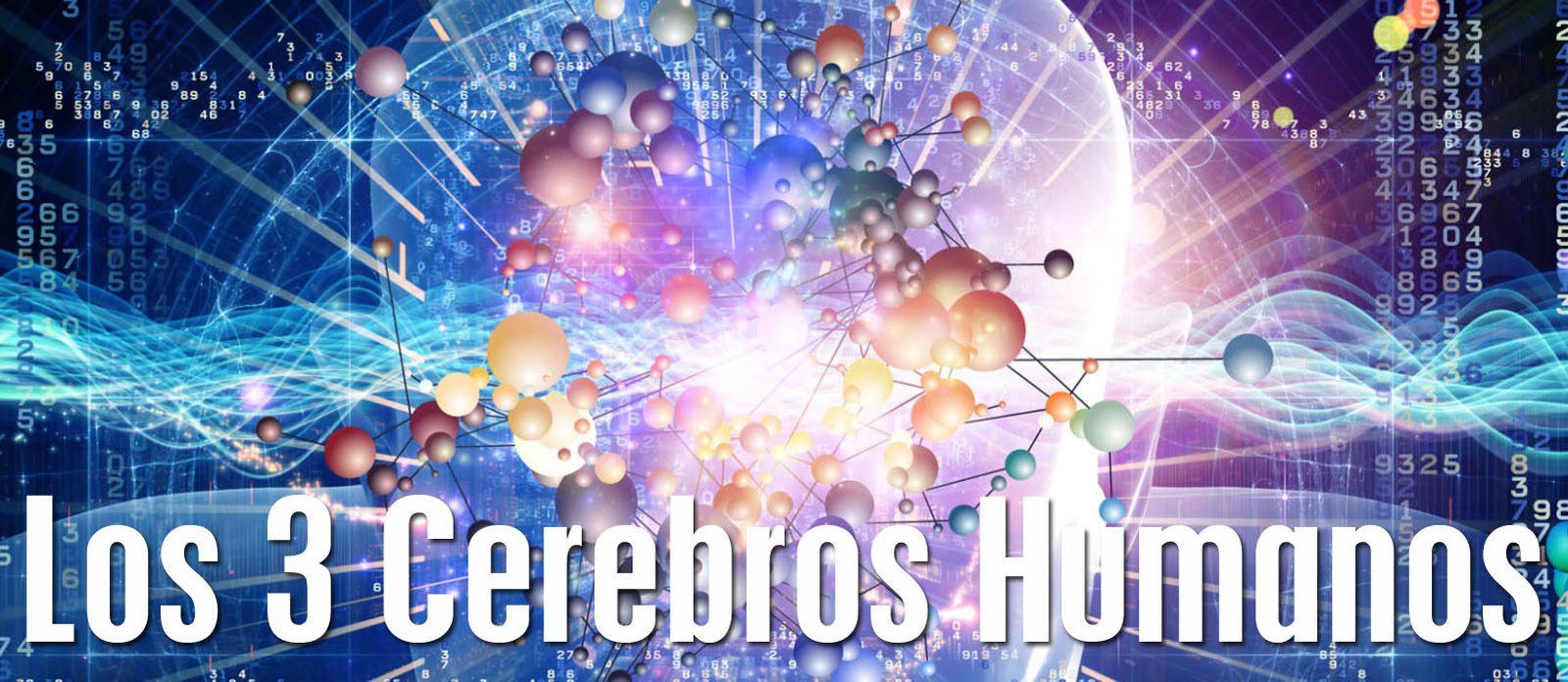Bibliografía y Fuentes Consultadas
• Bell, Chip R. El gerente como mentor.
• Rebolledo S, Mauricio. Enfoque de aprendizaje e Inteligencias Múltiples. Concepción, BíoBío, Chile.
• Drucker, Peter. El poder de las pequeñas ideas.
• Senge, Peter. La quinta disciplina.
• De Bono, Edgard. Seis sombreros para pensar.
• Informe y bases de Asoc Argentina de Counselors.
• Fernández, Egberto. Competencias y Desarrollo Gerencial – Julio 2002
• Boreen, J., Johnson, M. K., Niday, D., & Potts, J. (2000). Mentoring beginning teachers: guiding, reflecting, coaching. York, Maine: Stenhouse Publish.
• Cheng, M. & Brown, R. (1992). A two-year evaluation of the peer support pilot project. Evaluation/Feasibility Report, Toronto Board of Education. ED 356 204.
• Clinard, L. M. & Ariav, T. (1998). What mentoring does for mentors: A cross-cultural perspective. European Journal of Teacher Education.
• Cox, M.D. (1997). Walking the tightrope: The role of mentoring in developing educators as professionals, in Mullen, C.A.. In M.D. Cox, C.K. Boettcher, & D.S. Adoue (Eds), Breaking the circle of one: Redefining mentorship in the lives and writings of educators. N. York: Peter Lang.
• Daloz, L. A. (1999). Mentor: Guiding the journey of adult learners. San Francisco: Jossey-Bass.
• Kram, K. E. (1985). Mentoring at work: Developmental relationships in organizational life. Glenview, IL: Scott, Foresman
• McLuhan, E. Leyes de los medios. La nueva ciencia. Conaculta/Alianza. México, 1990.
• El coaching ontológico: Guido Samelnik, Jim Selman.
• Habermas, Jürgen. Teoría de la acción comunicativa. complementos y estudios previos, Madrid, España : Cátedra, 1989.
• Habermas,Jürgen. Teoría de la acción comunicativa, Racionalidad de la acción y racionalidad social, Madrid, Taurus, 1987.
• Hamel, Gary. Knowledge strategy; Executive Excellence, Provo; Jul 2000; Vol. 17, pg. 20
• Hermans, John A. Intellectual Capital; Library Journal, New York; Sep 1, 1999; Vol. 124, pg.162
• Hermans, John A. Managing Knowledge Workers: New Skills and Attitudes To Unlock the Intellectual Capital in Your Organization; Library Journal, New York; Sep 1, 1999; Vol. 124, Iss. 14; pg. 163
• Hermans, John A. The Knowledge Enabled Organization: Moving from «Training» to «Learning» To Meet Business Goals; Library Journal, New York; Sep 1, 1999; Vol. 124, Iss. 14; pg. 163
• Hermans, John A. The Knowledge Evolution: Expanding Organizational Intelligence / Knowledge in Organizations / The Strategic Management of Intellectual Capital; Library Journal, New York; Sep 1,1999; Vol. 124, Iss. 14; pg. 162
• Herschel, Richard T. Chief knowledge officer: Critical success factors for knowledge management; Information Strategy, Pennsauken; Summer 2000; Vol. 16, Iss. 4; pg. 37
• Loebecke, Claudia. Co-opetition and knowledge transfer; Database for Advances in Information Systems, New York; Spring 1999; Vol. 30, pg. 14
• Martín Serrano Manuel. La producción social de comunicación, Madrid, España, Alianza Editorial, 1986.
• Martín Serrano Manuel. La mediación social, Madrid, Akal Editores, 1977.
• Martín Serrano, Manuel. Teoría de la Comunicación I. Epistemología y análisis de la referencia, México: UNAM, 1987.
• McNamara, Peter. Knowledge based strategic alliances and value creation: A study of biotechnology firms quoted on the London Stock Exchange; IBAR, Dublin; 1998/1999; Vol. 19/20, Iss. 1; pg. 99
• Gardner, H. Estructuras de la mente. La teoría de las inteligencias múltiples. FCE. México, 1994.
• Ambrosio, Johanna. Knowledge management mistakes; Computerworld, Framingham; Jul 3, 2000; Vol.34, Iss. 27; pg. 44.
• ASEMP (Asociación de Ejecutivos Metropolitanos de Personal, A.C.). Centro de información para la administración del conocimiento, de la ASEMP, GUES Consultores, ICAMI, TMC.
• Blumentritt, Rolf. Towards a strategy for knowledge management; Technology Analysis & Strategic Management, Abingdon; Sep 1999; Vol. 11, pg. 287
• Downes, Meredith, Knowledge transfer through expatriation: The U-curve approach to overseas staffing; Journal of Managerial Issues, Pittsburg; Summer 2000; Vol. 12, Iss. 2; pg. 131, 19 pgs.
• Greco, JoAnn. Knowledge is power; The Journal of Business Strategy, Boston; Mar/Apr 1999; Volumen 20, página 18
• Habermas, Jürgen. Teoría de la acción comunicativa. complementos y estudios previos, Madrid, España : Cátedra, 1989.
• Habermas,Jürgen. Teoría de la acción comunicativa, Racionalidad de la acción y racionalidad social, Madrid, Taurus, 1987.
• Hamel, Gary. Knowledge strategy; Executive Excellence, Provo; Jul 2000; Vol. 17, pg. 20
• Hermans, John A. Intellectual Capital; Library Journal, New York; Sep 1, 1999; Vol. 124, pg.162
• Hermans, John A. Managing Knowledge Workers: New Skills and Attitudes To Unlock the Intellectual Capital in Your Organization; Library Journal, New York; Sep 1, 1999; Vol. 124, Iss. 14; pg. 163
• Hermans, John A. The Knowledge Enabled Organization: Moving from «Training» to «Learning» To Meet Business Goals; Library Journal, New York; Sep 1, 1999; Vol. 124, Iss. 14; pg. 163
• Hermans, John A. The Knowledge Evolution: Expanding Organizational Intelligence / Knowledge in Organizations / The Strategic Management of Intellectual Capital; Library Journal, New York; Sep 1,1999; Vol. 124, Iss. 14; pg. 162
• Herschel, Richard T. Chief knowledge officer: Critical success factors for knowledge management; Information Strategy, Pennsauken; Summer 2000; Vol. 16, Iss. 4; pg. 37
• Loebecke, Claudia. Co-opetition and knowledge transfer; Database for Advances in Information Systems, New York; Spring 1999; Vol. 30, pg. 14
• Martín Serrano Manuel. La producción social de comunicación, Madrid, España, Alianza Editorial, 1986.
• Martín Serrano Manuel. La mediación social, Madrid, Akal Editores, 1977.
• Martín Serrano, Manuel. Teoría de la Comunicación I. Epistemología y análisis de la referencia, México: UNAM, 1987.
• McNamara, Peter. Knowledge based strategic alliances and value creation: A study of biotechnology firms quoted on the London Stock Exchange; IBAR, Dublin; 1998/1999; Vol. 19/20, Iss. 1; pg. 99
• PAN, Shan L. Knowledge management in practice: An exploratory case study; Technology Analysis & Strategic Management, Abingdon; Sep 1999; Vol. 11, Iss. 3; pg. 359
• Pitt, Martyn. Competing on competence: A knowledge perspective on the management of strategic innovation; Technology Analysis & Strategic Management, Abingdon; Sep 1999; Vol. 11, pg. 301
• PMI Standards Commitee, William R. Duncan Director of Stadards, A guide to the Project Management Body of Knowledge, Project Management Institute, Four Campus Boulevard, PA. USA. 19996.
• Raisinghani, Mahesh S. Knowledge management: A cognitive perspective on business and education; American Business Review, West Haven; Jun 2000; Vol. 18, Iss. 2; pg. 105
• Scarbrough, Harry. Knowledge as work: Conflicts in the management of knowledge workers; Technology Analysis & Strategic Management, Abingdon; Mar 1999; Vol. 11, Iss. 1; pg. 5
• Thomsen, Erik. Data vs. knowledge; Intelligent Enterprise, San Mateo; Apr 10, 2000; Vol. 3, pg. 16,
• Thorsgaard Larsen, Heine. Intellectual capital statements and knowledge management: ‘Measuring’, ‘reporting’, ‘acting’; Australian Accounting Review, Melbourne; Nov 1999; Vol. 9, pg. 15
• ZACK, Michael H. Developing a knowledge strategy. California Management Review, Berkeley; Spring 1999; Vol. 41, Iss. 3; pg. 125.
• Carger, C.L. (1996). The two Bills: Reflecting on the gift of mentorship. Peabody Journal of Education.
Sitios Web Consultados:
Flores, Laura. InfoJobs.net y Universidad de Deusto.
http://www.demotivation.com
http://www.asemp.com.mx/centro/ciac.htm
http://www.definicion.org
http://www.wikipedia.com
http://www.playpens.biz
http://www.diccionarios.com
Notas Relacionadas:












